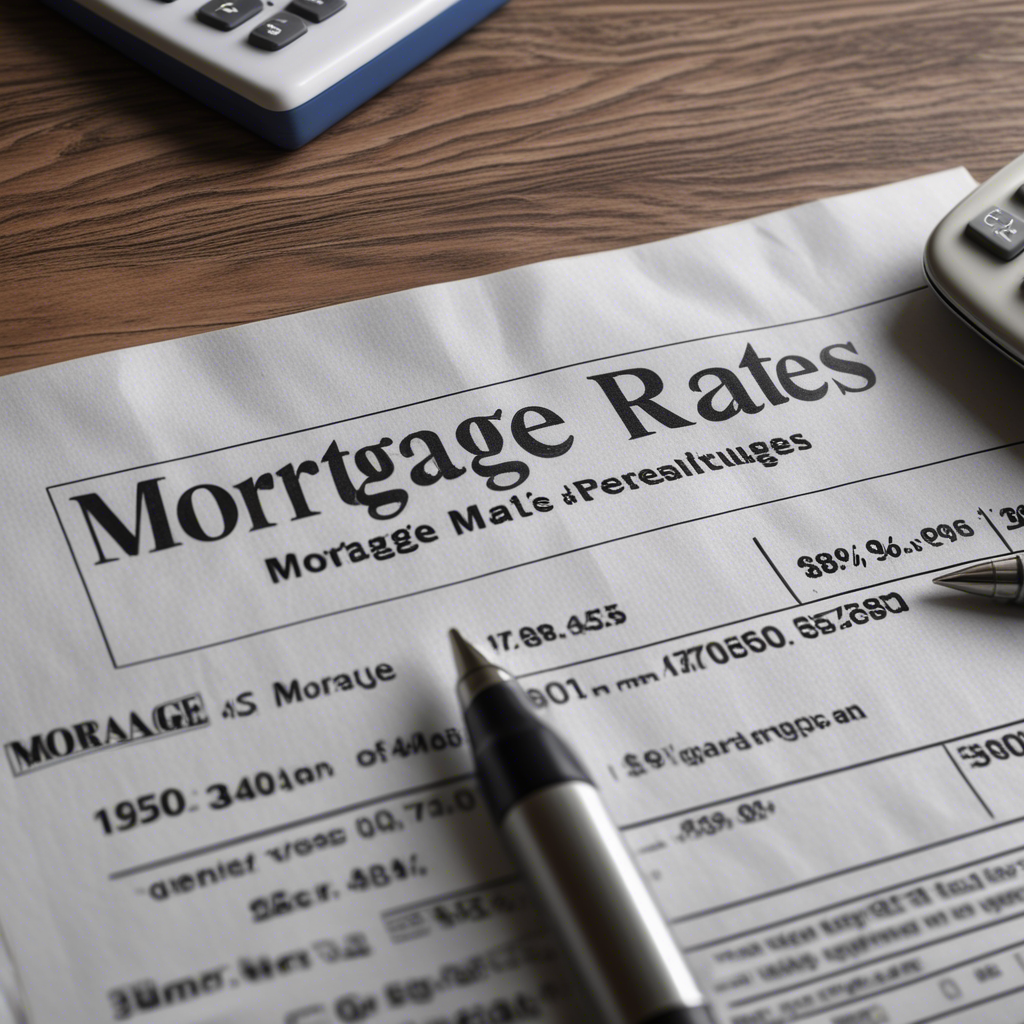When it comes to buying a home, one of the most important factors to consider is your credit score. Your credit score can have a significant impact on the mortgage rates you qualify for and whether or not you are approved for a mortgage. In this article, we will explore the relationship between credit score and mortgage rates, as well as the impact of credit score on mortgage approval.
What is a Credit Score?
A credit score is a three-digit number that represents an individual’s creditworthiness. It is calculated based on their credit history, including factors such as payment history, credit utilization, and length of credit history. Credit scores range from 300 to 850, with higher scores indicating better credit.
How Does Credit Score Affect Mortgage Rates?
Your credit score can have a significant impact on the mortgage rates you qualify for. Lenders use credit scores to determine the risk of lending to you, and borrowers with higher credit scores are considered lower risk. As a result, borrowers with higher credit scores are often offered lower mortgage rates.
Here is a breakdown of how credit score can affect mortgage rates:
- Excellent credit (760+): Borrowers with excellent credit can qualify for the lowest mortgage rates, often 0.5% to 1% lower than borrowers with good credit.
- Good credit (700-759): Borrowers with good credit can qualify for competitive mortgage rates, but may not qualify for the lowest rates.
- Fair credit (680-699): Borrowers with fair credit may qualify for higher mortgage rates, often 0.5% to 1% higher than borrowers with good credit.
- Poor credit (620-679): Borrowers with poor credit may qualify for significantly higher mortgage rates, often 1% to 2% higher than borrowers with good credit.
- Bad credit (below 620): Borrowers with bad credit may not qualify for a mortgage at all, or may be offered very high mortgage rates.
How Does Credit Score Affect Mortgage Approval?
Your credit score can also affect your chances of being approved for a mortgage. Lenders use credit scores to determine the risk of lending to you, and borrowers with lower credit scores are considered higher risk. As a result, borrowers with lower credit scores may be more likely to be denied for a mortgage.
Here are some ways that credit score can affect mortgage approval:
- Credit score requirements: Many lenders have minimum credit score requirements for mortgage approval. Borrowers with credit scores below these requirements may be denied for a mortgage.
- Debt-to-income ratio: Borrowers with lower credit scores may be subject to stricter debt-to-income ratio requirements, which can make it more difficult to qualify for a mortgage.
- Loan-to-value ratio: Borrowers with lower credit scores may be required to make a larger down payment, which can be a challenge for some borrowers.
Tips for Improving Your Credit Score
If you are concerned about your credit score and its impact on your mortgage rates and approval, there are several steps you can take to improve your credit score. Here are some tips:
- Pay your bills on time: Payment history is one of the most important factors in determining your credit score, so make sure to pay all of your bills on time.
- Keep credit utilization low: Keep your credit utilization ratio low by keeping your credit card balances low compared to your credit limits.
- Monitor your credit report: Check your credit report regularly to ensure that there are no errors or inaccuracies.
- Avoid new credit inquiries: Avoid applying for new credit cards or loans, as this can negatively affect your credit score.
- Build a long credit history: A longer credit history can help to improve your credit score, so consider keeping old accounts open.
Conclusion
Your credit score can have a significant impact on the mortgage rates you qualify for and whether or not you are approved for a mortgage. By understanding the relationship between credit score and mortgage rates, as well as the impact of credit score on mortgage approval, you can take steps to improve your credit score and increase your chances of qualifying for a mortgage. Remember to pay your bills on time, keep credit utilization low, monitor your credit report, avoid new credit inquiries, and build a long credit history to improve your credit score and increase your chances of mortgage approval.


